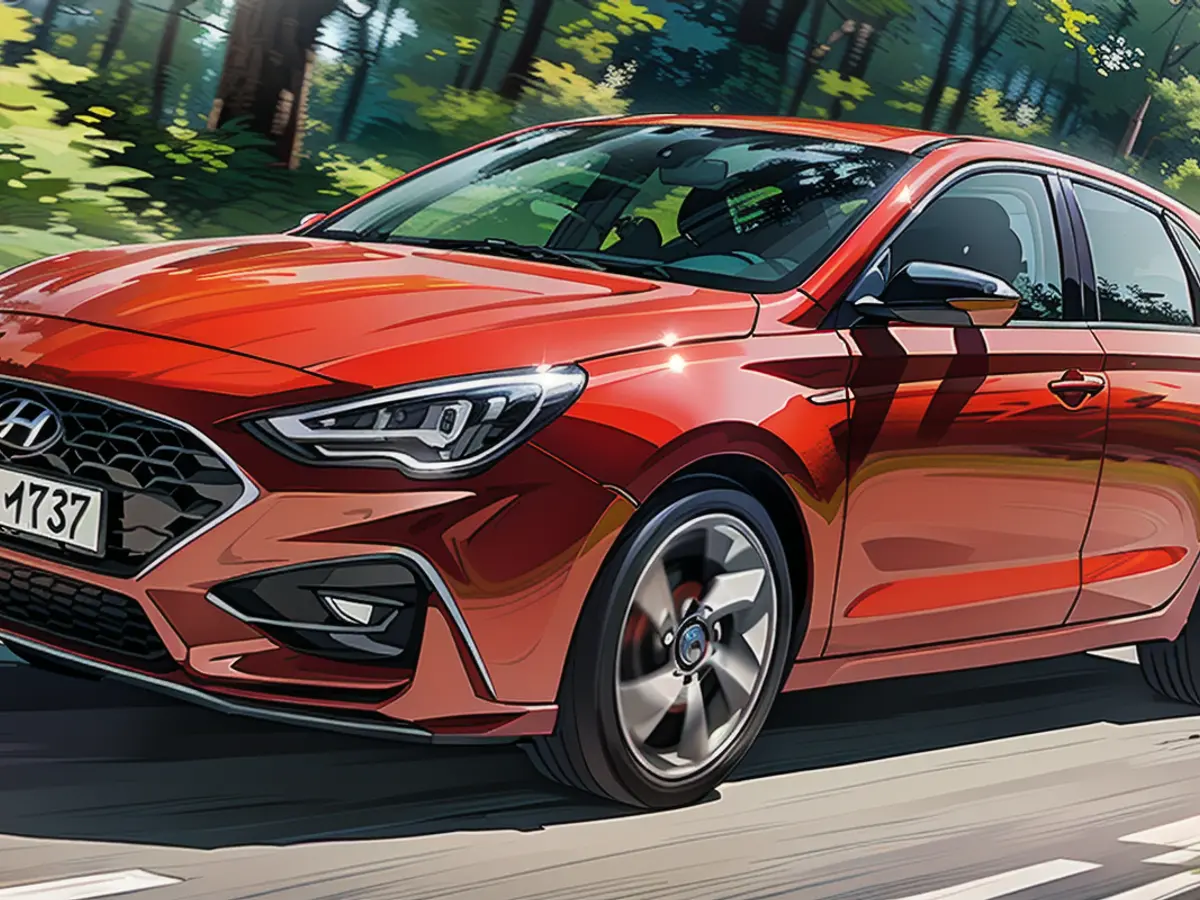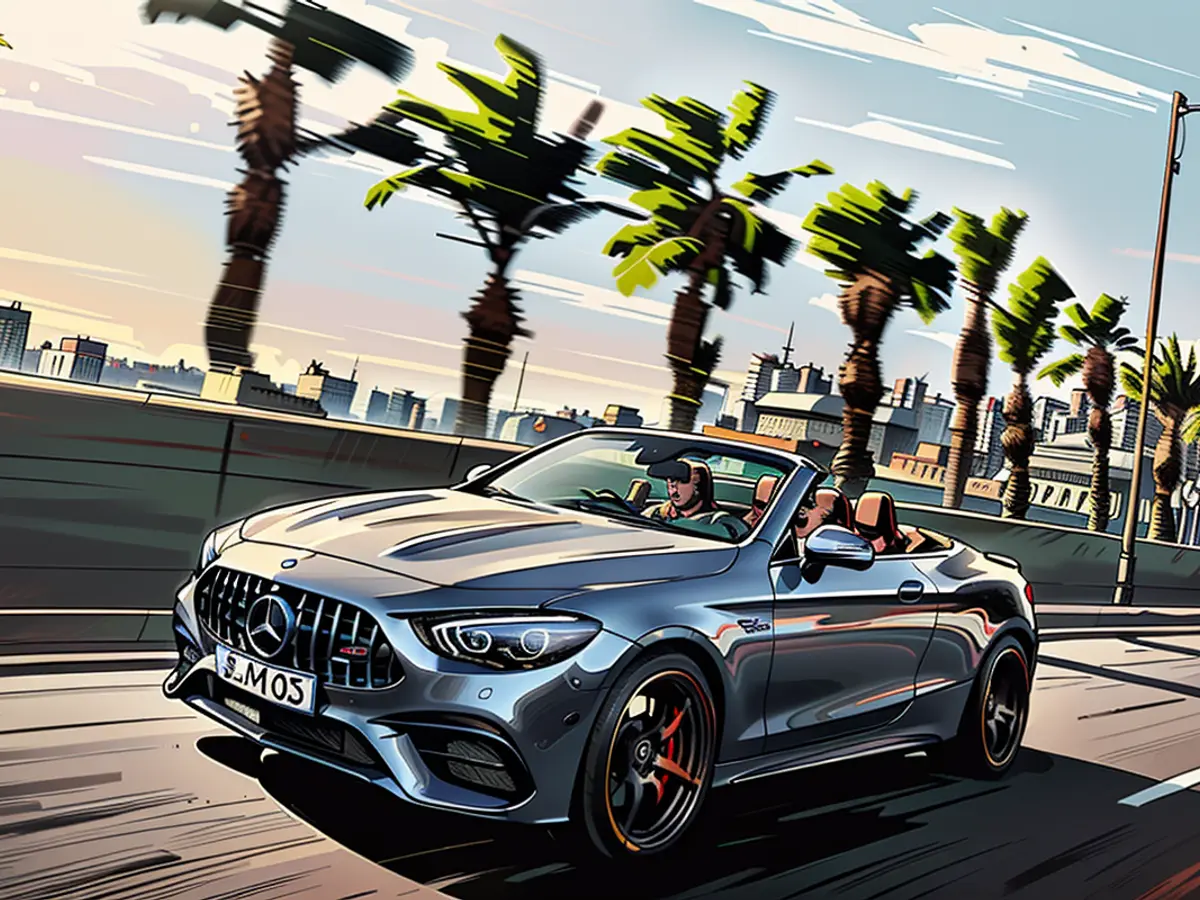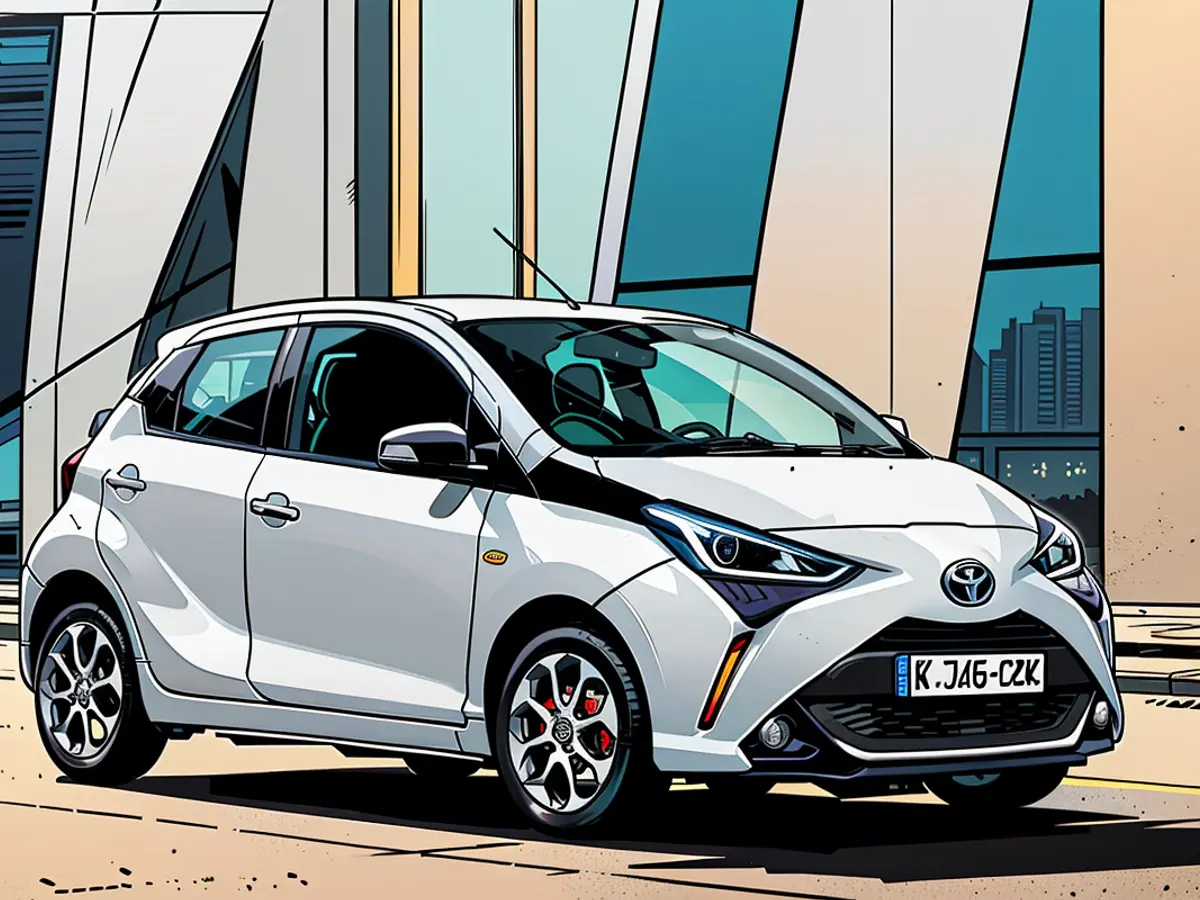Hyundai i30 excels in TÜV performance tests.
Introducing the i30 from Hyundai, their answer to the VW Golf. This vehicle comes in three different body styles.
Since its launch in 2017, the third generation of the Hyundai i30 has been on the market. It may not be as popular as the VW Golf, Ford Focus, or Opel Astra, but it still holds its own.
Quality checks
TÜV, a quality control organization, has found the Hyundai i30 to be a reliable vehicle. Chassis and light tests have received praise, but there have been issues with potential oil leaks. Additionally, there have been signs of exhaust and brake system problems.
Choices in body and interior
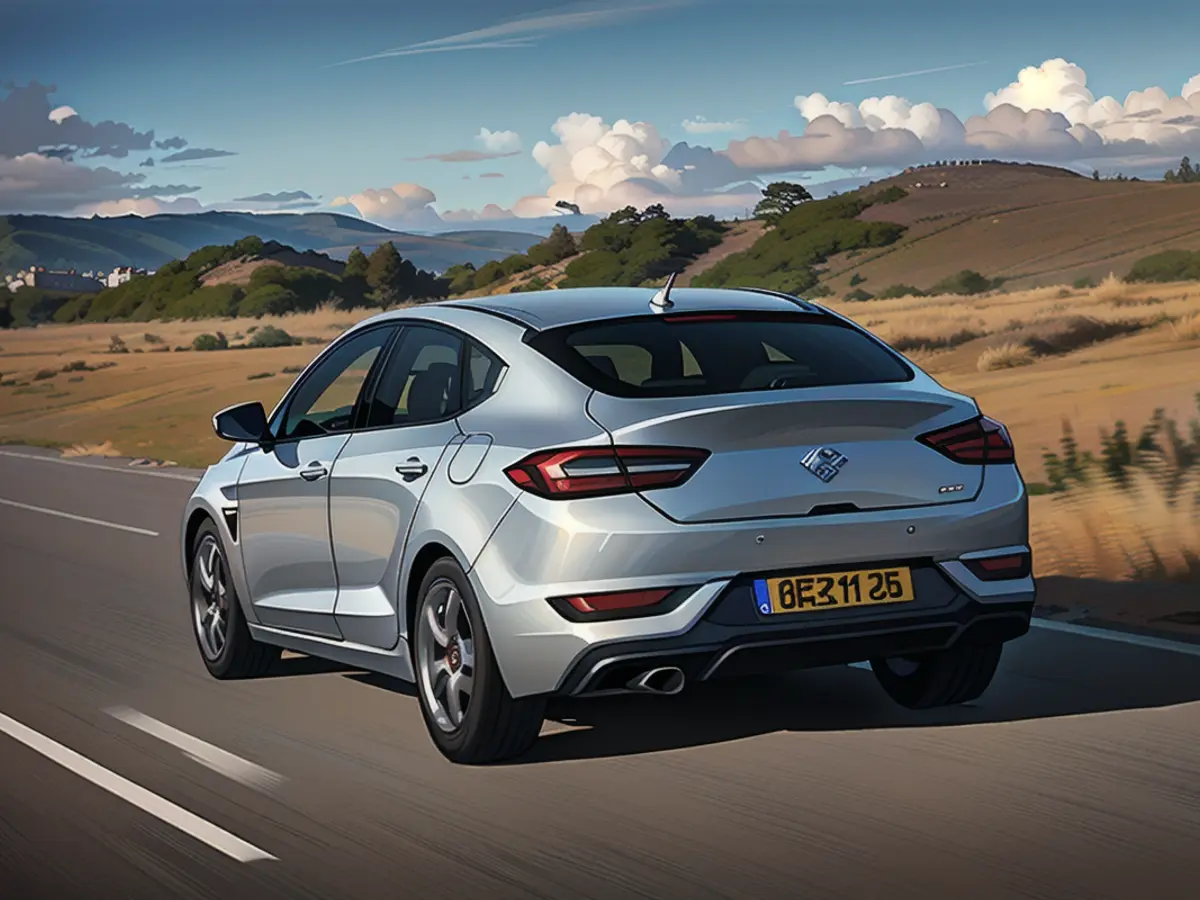
The i30 is available as a five-door model, an estate, and a fastback variant - a hatchback with a large tailgate. Hyundai no longer offers a three-door model. The five-door i30 provides a trunk space of about 395 to 1300 liters, while the estate version has a capacity of 600 to 1650 liters. The fastback's luggage capacity is somewhere in between, with 450 to 1351 liters. The interior is stylish and the material quality is decent, offering plenty of room for passengers.
Updates over the years
The i30 received a facelift in 2020, which included changes to the front and rear aprons, as well as the lights. The interior was modified, featuring new air vents, colors, and surfaces, and an optional 7-inch digital cockpit. In the beginning of 2024, a few more design tweaks can be spotted, such as a slightly modified grille and chrome trim on the rear bumper. Since then, a digital cockpit is standard.
Motors and transmission
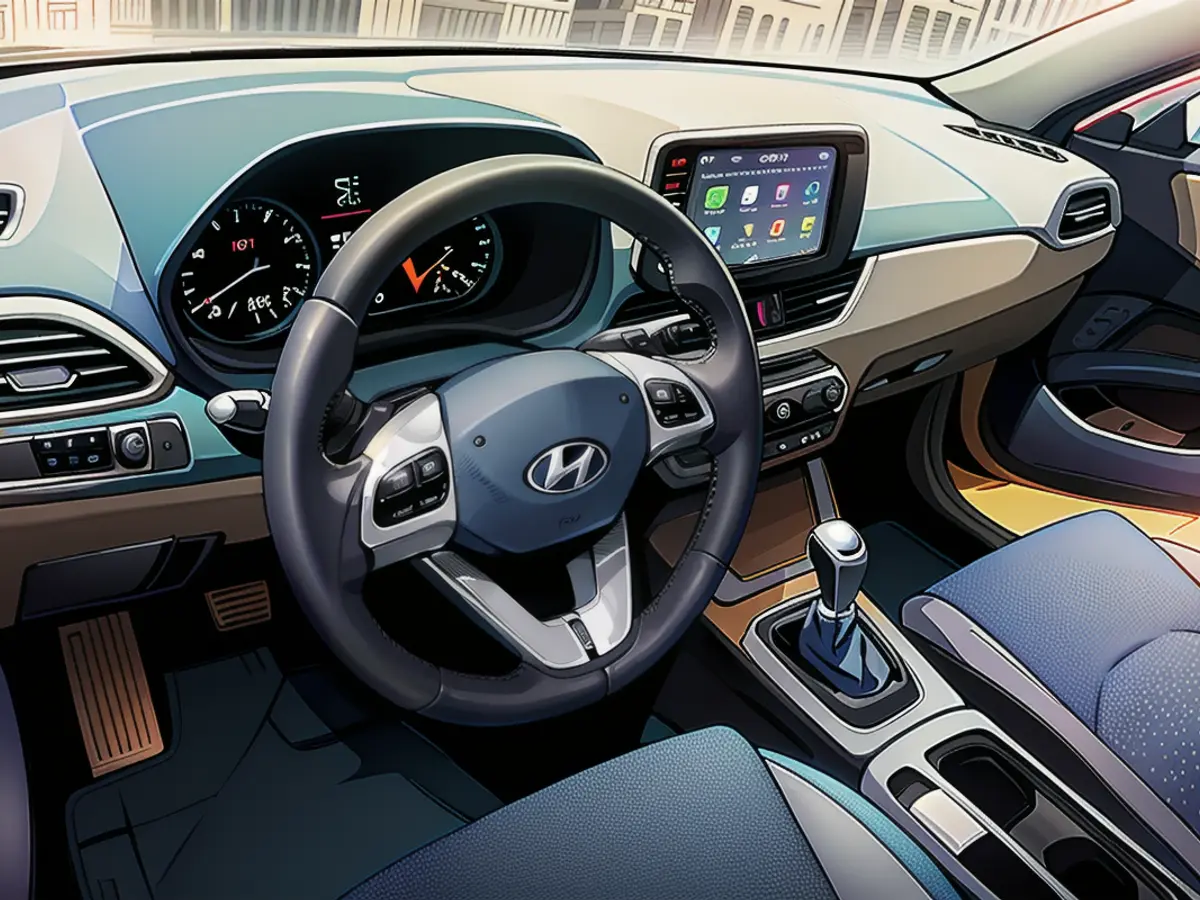
The i30 initially offered petrol and diesel engines. The front wheels are powered by a manual six-speed gearbox, with an optional seven- or eight-speed dual-clutch transmission for some engines.
There's a 1.4-liter naturally aspirated engine with 73 kW/99 hp as the entry-level option. If you're seeking more power, there's a 1.0-liter three-cylinder turbo with 88 kW/120 hp. This engine is more economical than the naturally aspirated one, with an average consumption of 5 liters, compared to the standard 6 liters. Other options include a 1.4-liter four-cylinder engine with 103 kW/140 hp and a two-liter unit (N) with 184 kW/250 hp. The top-of-the-line engine is a 2.0-liter turbo with 202 kW/280 hp.
The diesel range consisted of a 1.6-liter engine, offered in 70 kW/95 hp, 81 kW/110 hp, and 100 kW/136 hp versions.
Hyundai revised the engine range in 2020, replacing the 1.4-liter naturally aspirated engine with a 1.5-liter one with 110 hp. The 1.4-liter turbo was replaced by a 1.5-liter turbo with 118 kW/160 hp. Diesel engines were added to the range in 2022.
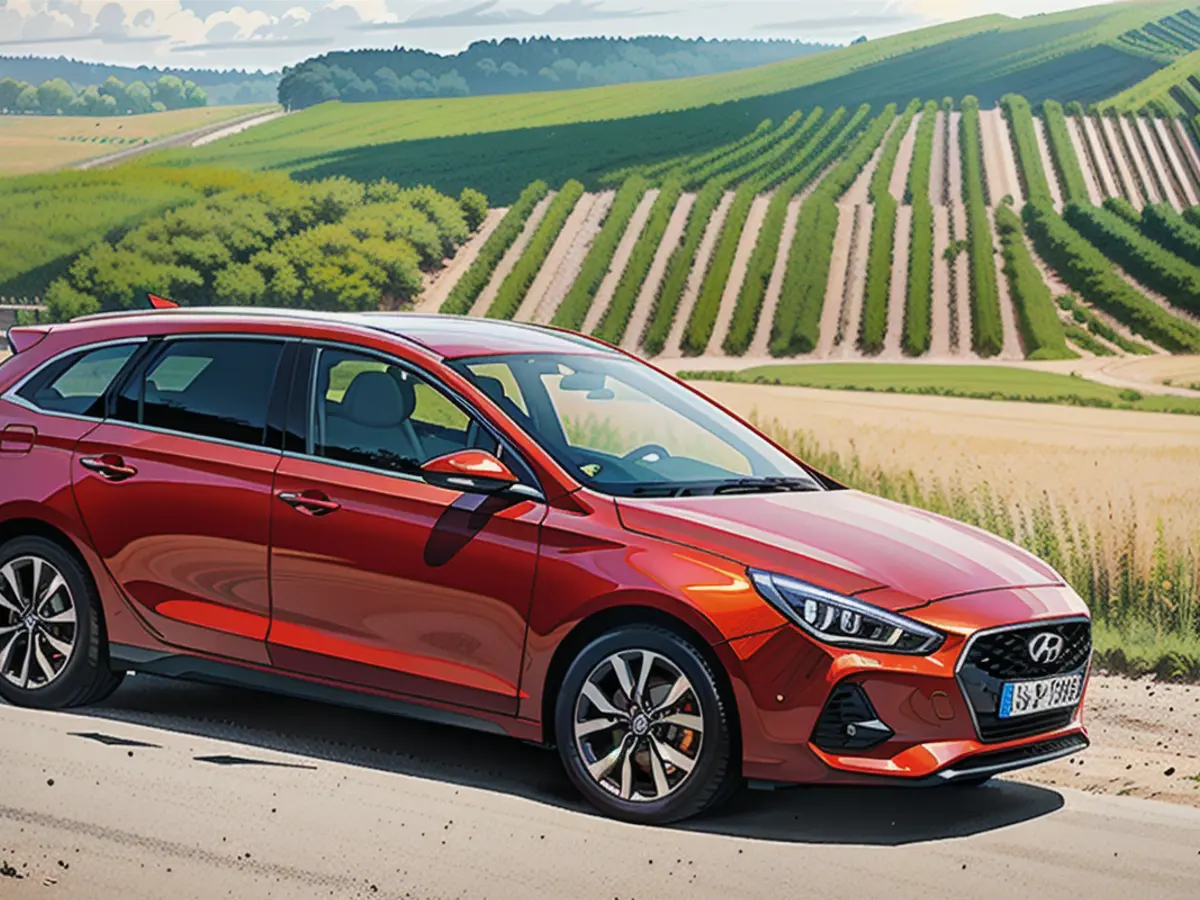
Plenty of features
Hyundai offers various packages for the i30, including those for navigation or extended assistance services. There's also the "Pure" version with basic comfort and safety features, along with Select, Style, Trend, N-Line, and Prime. The Trend version adds features like 18-inch wheels, automatic air conditioning, and parking assistance. The N-Line offers sports seats and sporty elements.
In conclusion, whether you're looking for a compact car, an estate, or a fastback, the Hyundai i30 has a variety of options. Used car buyers should keep an eye out for any potential oil leaks in the model they're interested in. According to mobile.de's analysis, there are approximately 6500 used Hyundai i30 models currently for sale on their platform, starting at around 7500 euros.
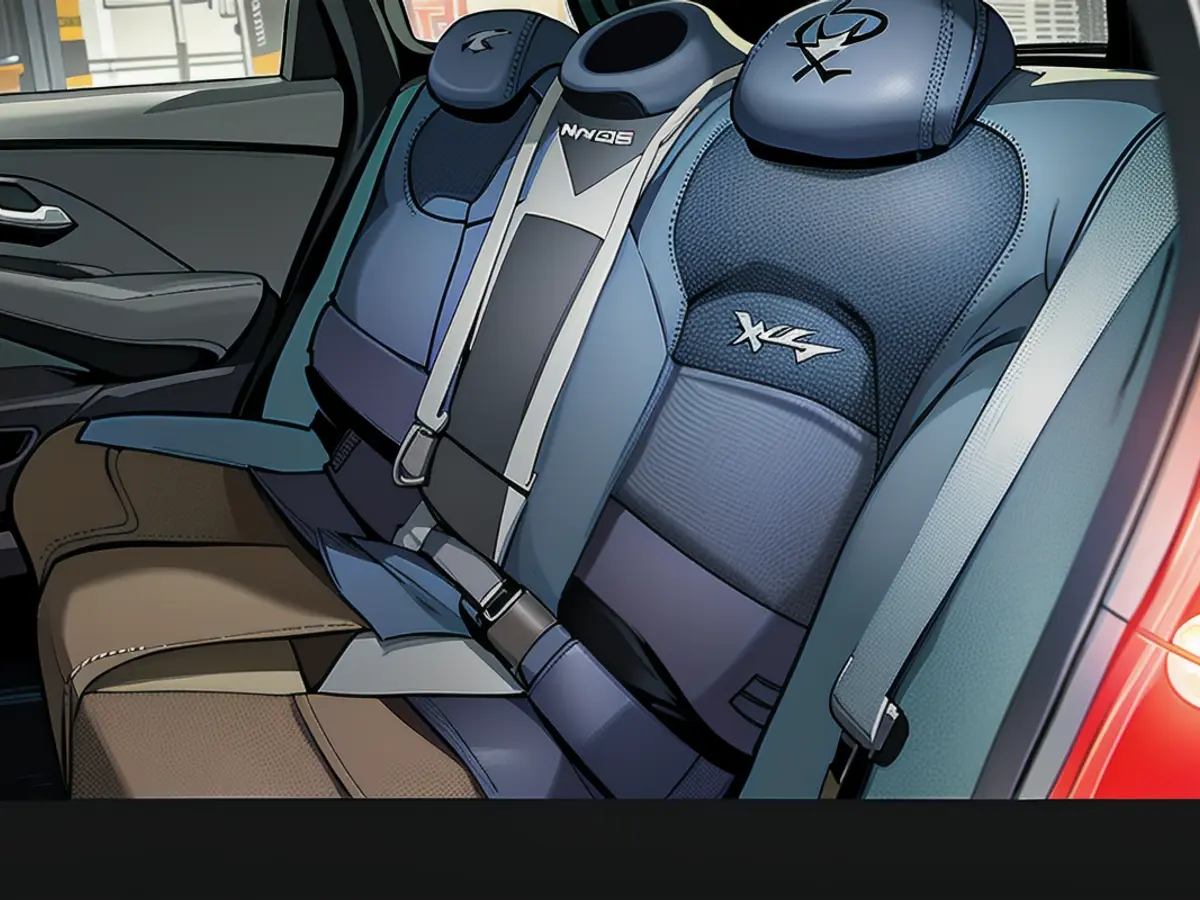
Read also:
After the success in TÜV performance tests, you might consider buying a used Hyundai i30 for its reliability. It's important to note that while TÜV praised the chassis and light tests, potential oil leaks and issues with the exhaust and brake systems have been reported.
If you're in the market for a used car, you might come across Hyundai i30 models, especially since there are approximately 6500 available on mobile.de starting at around 7500 euros. Remember to check for any potential oil leaks when considering a purchase, as advised by ADAC.
Source: www.ntv.de
